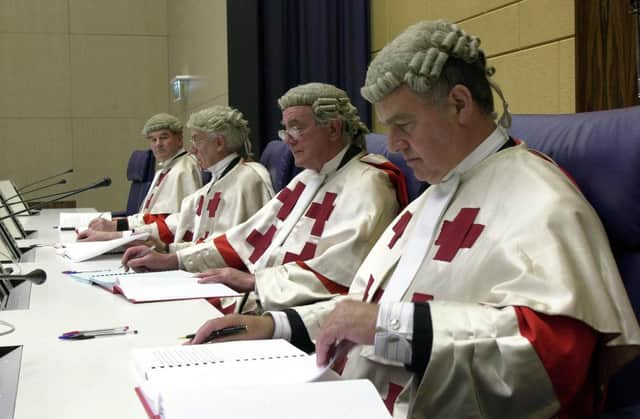Scotland's 'not proven' verdict: The jury is out on changing to two-verdict system – Scotsman comment


On one hand, critics such as Rape Crisis Scotland have pointed out that it is used disproportionally high number in rape cases with “real worries that the existence of the not proven verdict gives juries in rape trials an easy out and contributes to guilty people walking free”.
On the other, it is said to tarnish the reputation of someone acquitted in this way with the suspicion that they were guilty, but that the case could not be proved.
Advertisement
Hide AdAdvertisement
Hide AdSo is a verdict that can both defame the innocent and let the guilty escape justice worth keeping? The Scottish government has now launched a consultation, which will run until March, to find out what people think.
It should be noted that there appears to be considerable legal support for the verdict. A Law Society of Scotland survey found more than 70 per cent of solicitors supported its retention, with many saying it helped prevent wrongful convictions. And the most popular choice for a two-verdict system was proven/not proven, which was felt to be a more accurate reflection of what the jury was saying.
This is a serious issue that needs to be carefully considered with arguments for and against thoroughly debated. The Scotsman plans to do so on its pages in the coming months.
However, one aspect of the debate, that not proven was the original Scottish verdict, appears to be a myth. Writing in Scottish Legal News, law professors James Chalmers and Fiona Leverick explained: “‘Not proven’ is the interloper in the history of the Scottish jury, not ‘not guilty.’”
